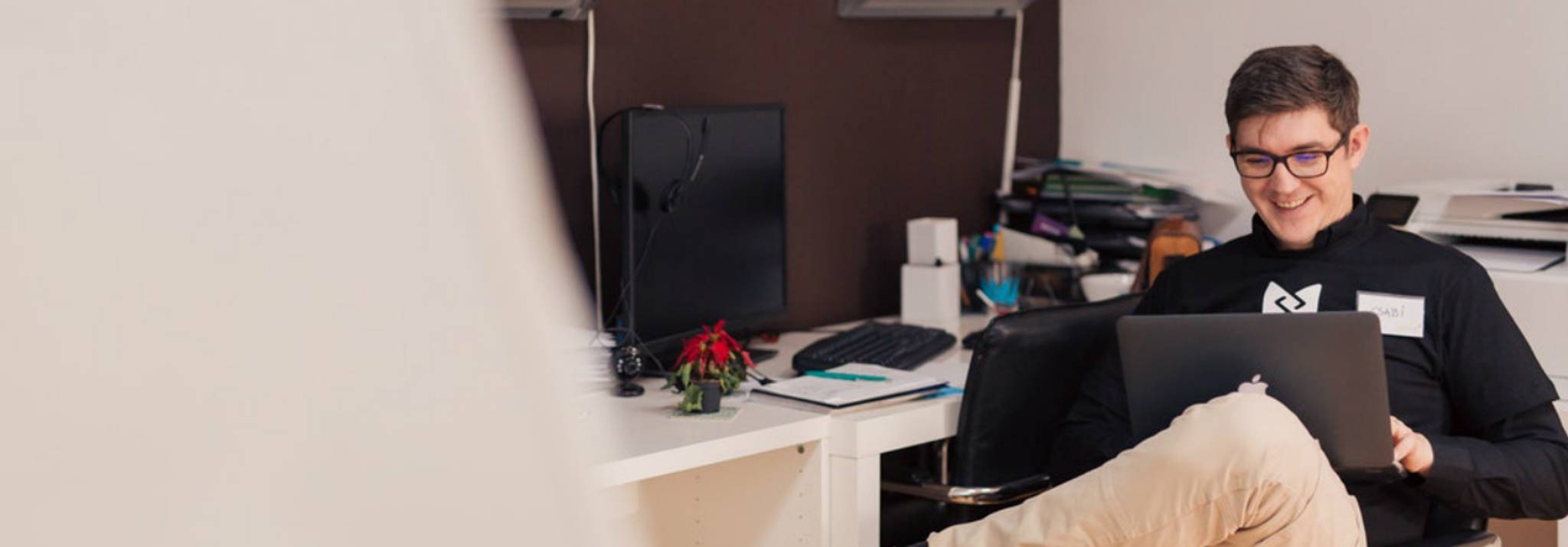The conventional roster of life milestones is under review. Having children in your 30s is no longer a given, if kids are part of the plan at all. Career progression is non-linear, whether it's opting to gofreelanceor taking “mini-retirements” with sabbaticals, which have risen since January 2019 from 3.3% to6.7%in January 2024. Increasingly, people are choosing flexibility, even if that means pausing their climb up the corporate ladder. Older adults are headed back into the workforce or finding new forms of independence after retirement. Gen Yers are nearing middle age butcan’t afford a midlife crisis. And Gen Z, resigned to the feeling that owning property is a financial impossibility, is trying to embrace a more fluid definition of home.
A challenging economic landscape and global instability require people to be both pragmatic and spontaneous in their life plans. It’s no longer about simply changing the timing of conventional milestones; people are re-writing the meaning of milestones altogether, and relying on increasingly personalised goals. Seeking to be anchored in time and space, they’re focusing on personal achievements for a sense of structure, likerunning a marathonormanaging their budget, rather than socially prescribed benchmarks.
But while a more fluid world means more freedom, a lack of clear direction can be disorienting. People increasingly need more flexibility and dexterity to survive and thrive, and adaptability is becoming a necessity rather than a choice. These shifts mean people are looking to brands and businesses to guide them, support their choices, and empower them as they explore ways through life beyond the traditional pathways.




